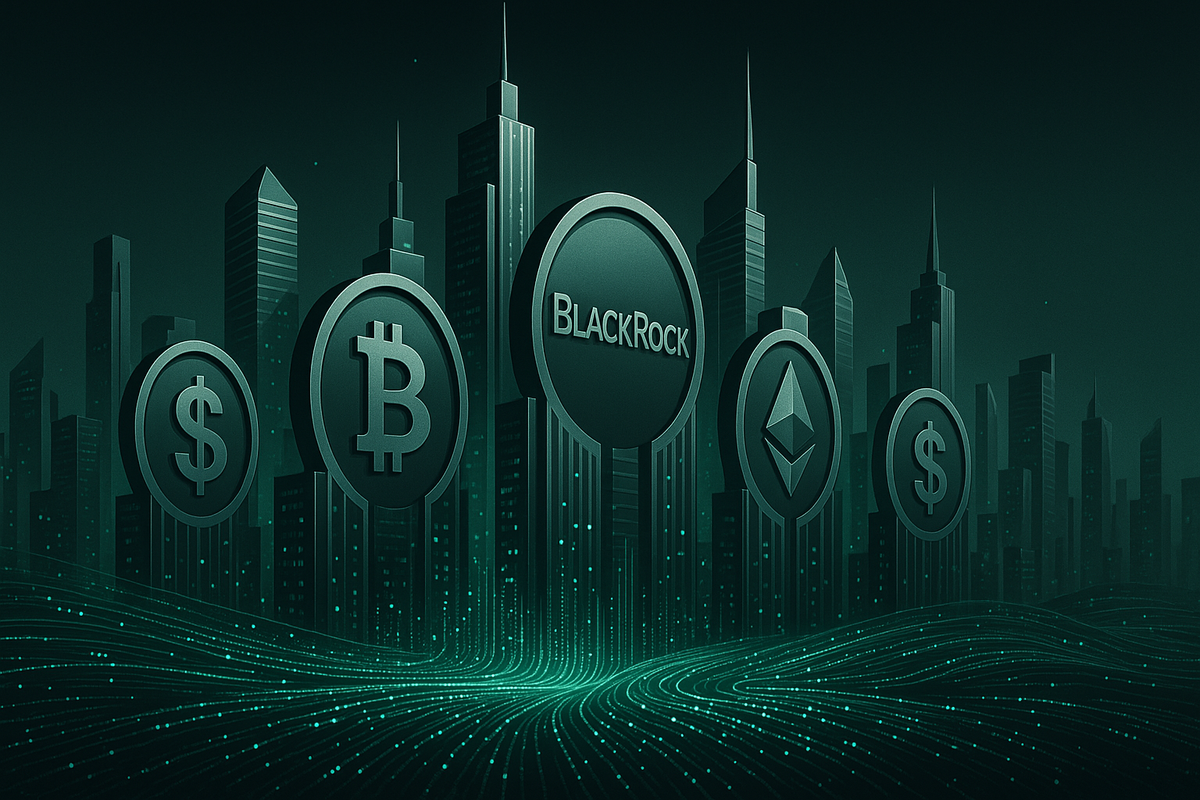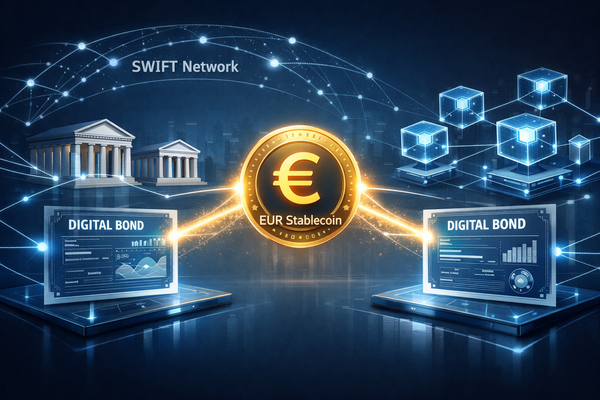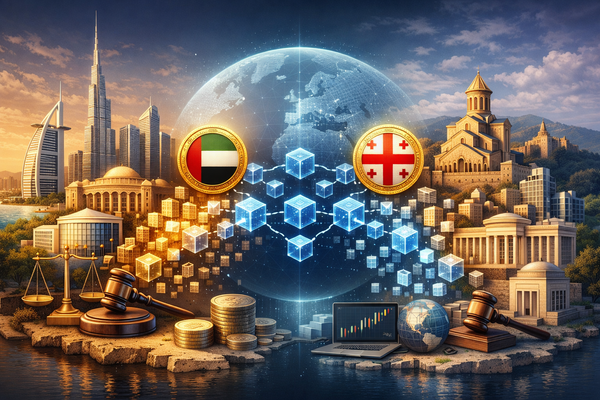BlackRock Sees Tokenization as the Next Big Wave in Global Finance
BlackRock eyes asset tokenization, merging traditional markets with blockchain through tokenization. The move could reshape how assets are owned, traded, and accessed worldwide, including in emerging markets like Pakistan.

The world’s largest asset manager, BlackRock, is signaling a major shift in the global financial system, one that moves beyond traditional securities and embraces blockchain-powered tokenization.
After years of cautious observation, the firm is now openly calling tokenization “a new wave of opportunity” that could fundamentally change how financial assets are issued, traded, and managed.
For decades, BlackRock has been at the center of traditional finance, overseeing more than $10 trillion in assets under management. Now, it’s looking toward blockchain technology, not for speculation, but for infrastructure-level transformation.
Tokenization, at its core, is about turning real-world assets (RWAs) such as bonds, stocks, real estate, or even ETFs into digital tokens on a blockchain. These tokens can be traded or settled instantly, tracked transparently, and accessed globally, without the friction of legacy systems.
BlackRock believes this isn’t just an upgrade, it’s a complete reimagining of financial markets.
In traditional finance, trading assets often involves multiple intermediaries, delayed settlements, and limited access for smaller investors. Tokenization eliminates many of those barriers by making assets programmable and globally accessible 24/7.
According to BlackRock, this evolution will:
Increase market efficiency: Instant settlements reduce counterparty risks and operational costs.
Enhance liquidity: Tokenized assets can be traded fractionally, opening markets to new investors.
Improve transparency: Blockchain-based ownership ensures better recordkeeping and compliance.
Broaden access: Smaller investors gain exposure to traditionally exclusive assets like real estate or private credit.
This aligns with a broader trend in global finance, where traditional institutions are merging with decentralized finance (DeFi) principles to create a hybrid system that balances innovation with regulation.
BlackRock’s move toward tokenization didn’t happen overnight. Over the past two years, the company has made several strategic plays to position itself in the digital asset ecosystem.
- It launched a spot Bitcoin ETF (IBIT), which quickly became one of the fastest-growing ETFs in U.S. history, amassing billions in assets under management.
- It partnered with Coinbase to provide institutional clients with digital asset custody and trading solutions.
- And now, its attention is turning toward tokenized versions of traditional financial products, including ETFs, private credit, and potentially U.S. Treasuries.
This shows a clear narrative: BlackRock isn’t just experimenting with crypto, it’s integrating blockchain into the core structure of global finance.
BlackRock’s embrace of tokenization signals the blurring line between traditional finance (TradFi) and decentralized finance (DeFi).
While DeFi projects built the early frameworks for on-chain financial operations, it’s now the institutional players who are scaling those ideas globally. Tokenization effectively bridges the two worlds, offering the security and regulatory compliance of TradFi with the efficiency and transparency of blockchain.
This institutional validation could accelerate adoption across industries, from asset management to insurance, supply chain, and beyond.
BlackRock envisions a future where every asset class can exist digitally. That includes not just crypto-based products but traditional instruments like:
- Government bonds and corporate debt offer instant settlements.
- Equities, allowing 24/7 global trading.
- Real estate, enabling fractional ownership for retail investors.
- ETFs, making even index funds programmable on-chain.
This “everything-tokenized” vision aligns with what many see as the next trillion-dollar opportunity for blockchain, the merging of real-world assets with digital rails.
As BlackRock and other major players such as Franklin Templeton and Fidelity enter this space, the tokenization market could expand rapidly in the coming years.
While most of the tokenization action is centered in the U.S., Europe, and the UAE, countries like Pakistan could eventually benefit from this financial evolution.
Tokenization could give developing economies access to:
Global liquidity allows local startups and financial institutions to attract international investors.
Lower capital barriers, enabling fractional investments in global assets.
Greater transparency makes it easier to track cross-border flows and reduce corruption in funding systems.
As Pakistan prepares to launch its Virtual Assets Regulatory Authority (PVARA), a globally aligned framework could open the door for collaboration with major asset managers and blockchain firms worldwide.
BlackRock’s tokenization strategy is more than just another corporate move, it’s a signal that the world’s largest financial institutions are betting on blockchain as the foundation of the next financial era.
While crypto traders focus on short-term price swings, the real transformation is happening behind the scenes, where traditional finance and blockchain are merging into one.
And as tokenization matures, it won’t just reshape Wall Street, it could redefine how financial access and opportunity are distributed around the world.




